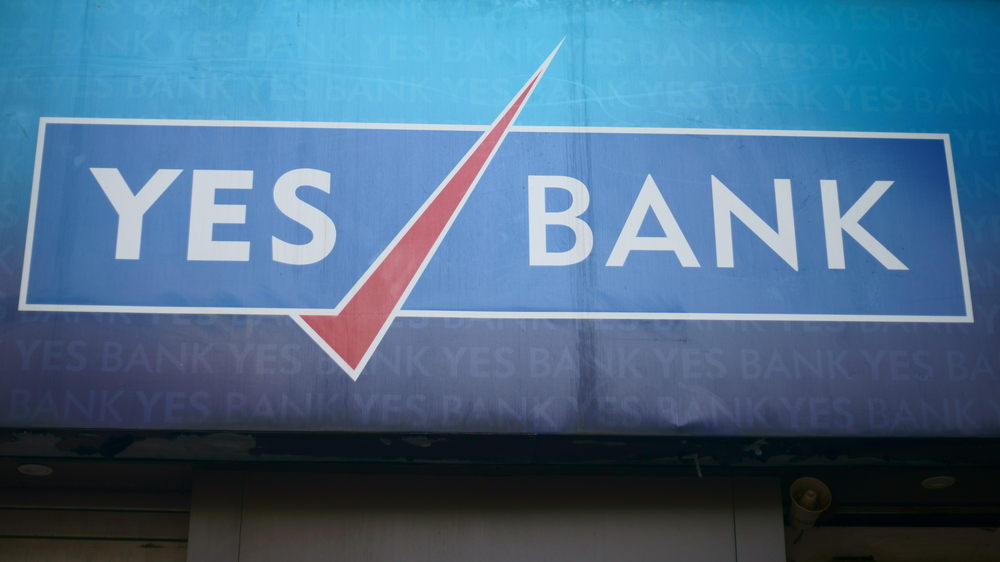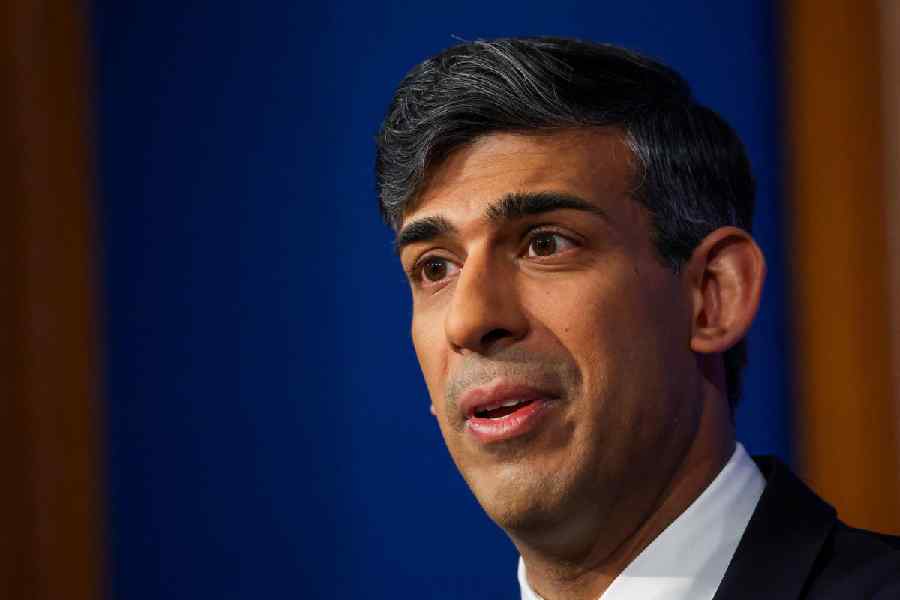Two more mutual fund houses, Franklin Templeton MF and Baroda MF, have decided to side-pocket their exposures to Yes Bank bonds following the rating downgrade of troubled private lender’s debt instruments.
This takes the total number of fund houses side-pocketing or segregating their exposures to Yes Bank bonds to five.
Three fund houses — UTI MF, Nippon India MF and PGIM India MF — on Friday announced to side-pocket or segregate their exposures to the bonds of the private sector lender.
The move is aimed at preventing the distressed assets from damaging the returns generated from more liquid and better-performing assets.
The development comes after the downgrade of the debt instruments of Yes Bank to D, which is below investment grade, by rating agency Icra.
In a statement, Franklin Templeton MF, which had an exposure of Rs 294 crore to Yes Bank debt, has created segregated portfolios in four of its schemes.
The four schemes are Franklin India Debt Hybrid Fund, Franklin India Dynamic Accrual Fund, Franklin India ShortTerm Income Plan and Franklin India Credit Risk Fund.
Baroda MF, in a separate statement, said it has proposed to create a segregated portfolio in respect of its two schemes — Baroda Treasury Advantage Fund and Baroda Credit Risk Fund — of the private lender with effect from Friday, subject to approval from the board of directors of Baroda Trustee India Pvt Ltd.
Overall, mutual fund houses had an exposure of more than Rs 2,800 crore to Yes Bank bonds at January-end.
In December 2018, regulator Sebi had permitted mutual funds to create segregated portfolios, or side-pocketing, with respect to debt and money market instruments. In case of a credit event that is a credit downgrade, like below investment grade and similar, segregated portfolios may be created.
Creation of segregated portfolios is a mechanism to separate distressed, illiquid and hard-to-value assets from other more liquid assets in a portfolio.
Meanwhile, the shares of Yes Bank on Monday zoomed over 32 per cent after SBI said it will pick up a 49 per cent stake in the cash-strapped lender for Rs 2,450 crore.










